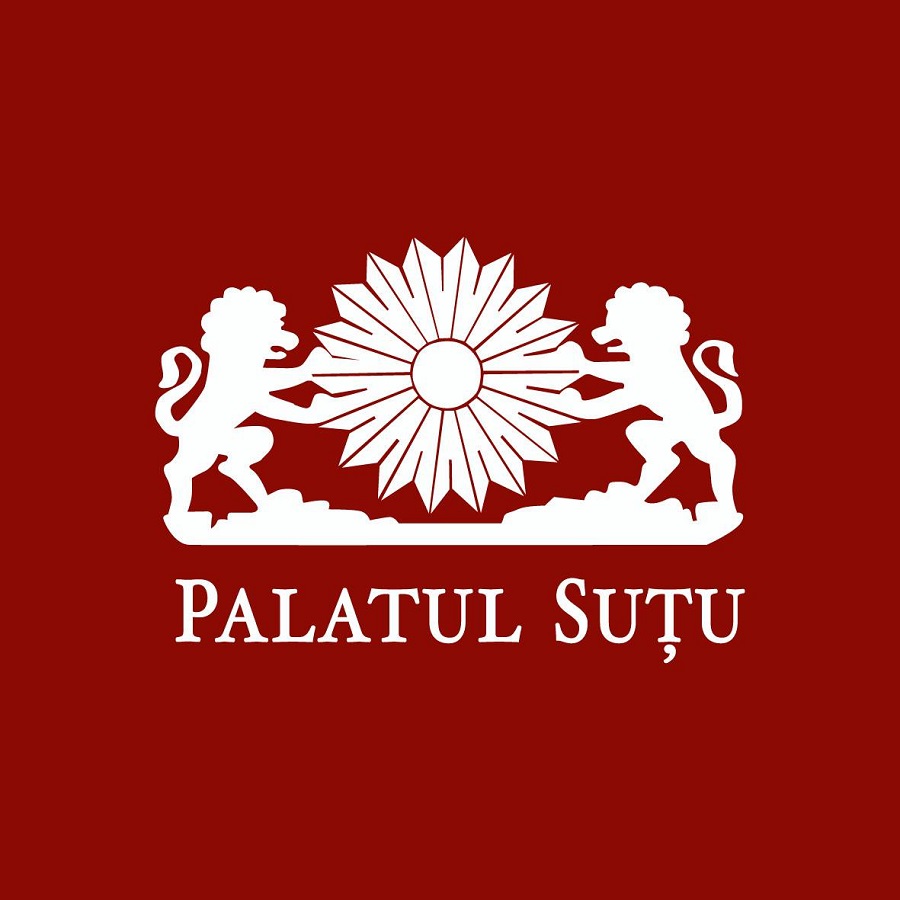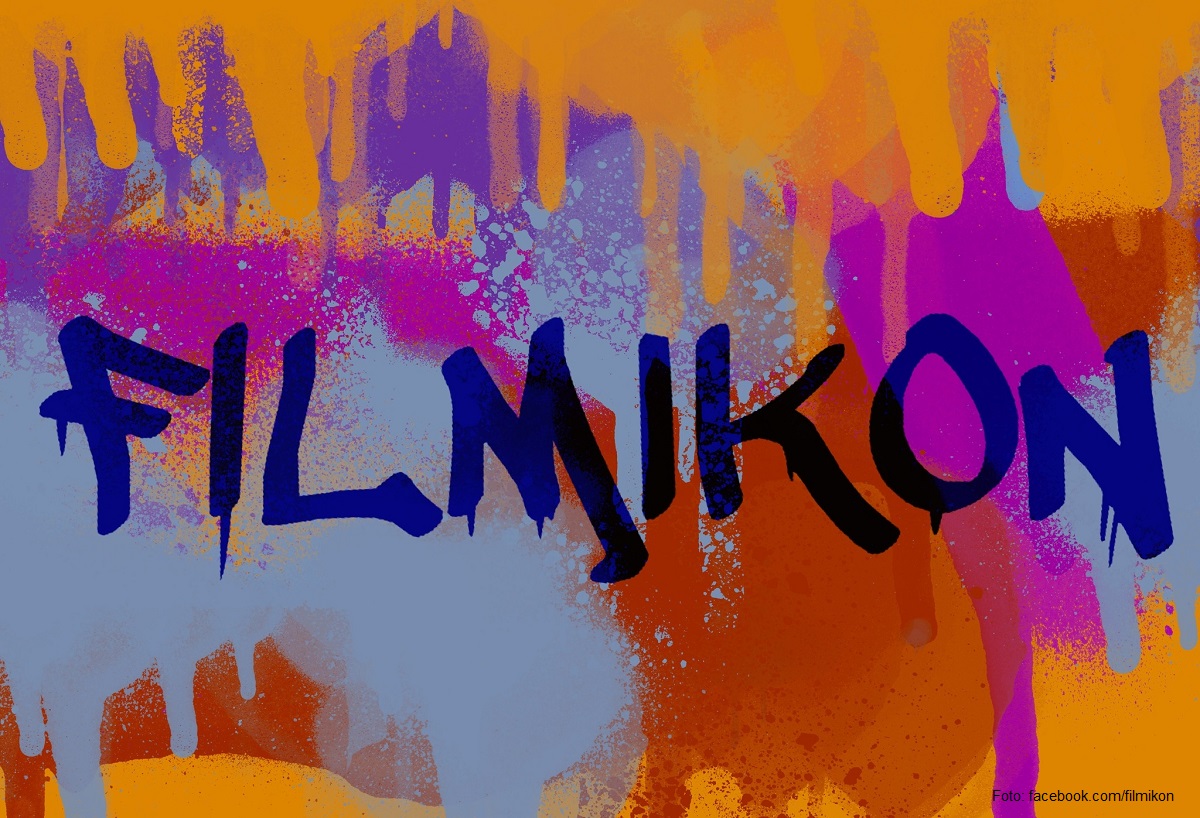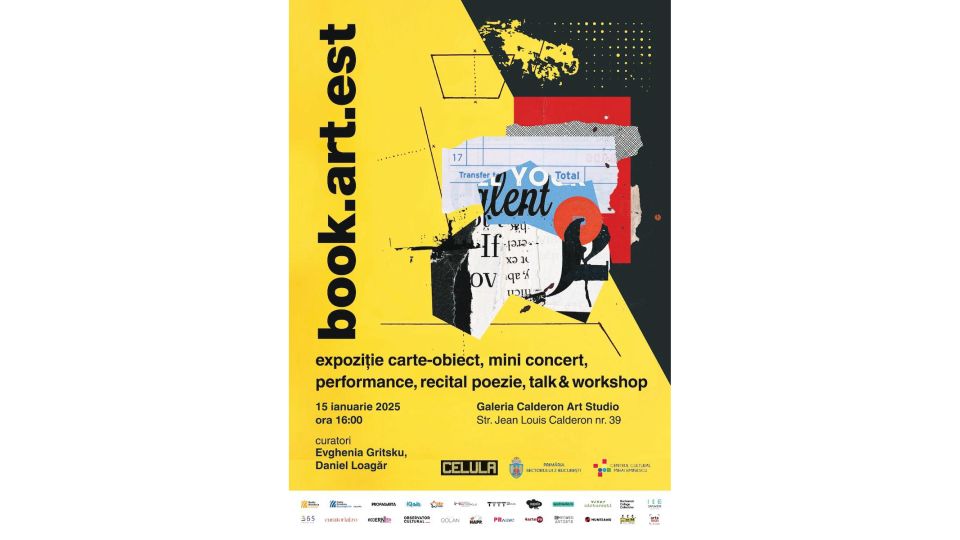The ninth Euroregional Theatre Festival in Timisoara
TESZT, the Euroregional Theatre Festival in Timisoara, is one of the major projects run by the Csiky Gergely Hungarian State Theatre in the last week of May.

Luana Pleşea, 11.06.2016, 12:16
In a city of cultural diversity by excellence, TESZT is aimed at promoting multiculturalism and getting theatre lovers familiar with the latest events in the DKMT region, which comprises the Danube, Mures and Tisa riparian countries and not only, because this ninth edition of TESZT has also brought together shows from Italy, Belgium and Portugal.
What all these shows, be they coming from Macedonia, Serbia, Hungary, Bulgaria, Croatia or Romania, had in common was the social theme. Attila Balazs, director of the Hungarian Theatre in Timisoara, has done the show selection together with project coordinator Galovits Zoltan.
“We have seen quite a lot of shows and after a first selection, we started looking into details to identify the main themes reflected in most of the shows. We realized that in the past editions of the festival, theatre plays were mainly dealing with the idea of personality, man’s relation with society, with himself and the world around. There are different ways of expression, through one-man shows as well as documentaries, classical texts and shows mainly based on music and poetry.”
Project coordinator Galovits Zoltan: ”This year’s edition of TESZT has been focusing on extremely important themes, which placed the spectator either facing himself or the community, pointing towards humanity and solidarity or the lack thereof, offering a real and authentic image of today’s society. What surprised me the most? There were several highlights in the discourse of a few extremely radical shows, performances that make you sympathize with the causes they present and support. Another very important aspect at TESZT 2016 was the fact that the spectator wasn’t allowed to remain passive. In other words, there were no comfortable seats; the spectator was either active in the show, playing their parts or there was no show whatsoever. There were several performances and shows following the same pattern, shifting the actor’s role, swapping the stage with the hall so that they may get spectators involved in the play, allowing them to have their own show.”
One of the most militant shows in the festival was “Dogville”, a Serbian co-production based on Lars von Trier’s film, staged by director Kokan Mladenovic. The show tells the story of Grace, who takes refuge from mobsters in an apparently idyllic town. However, the Dogville’s community life happens to be fraught with frustrations, greediness and aggressiveness and Grace soon becomes the victim of those she trusted for help and protection. Here is Kokan Mladenovic about how this show was intended.
“We actually wanted to make a show about the country we live in but such a show cannot be staged in any theatre in Belgrade at present. So we set up a team of friends and staged an audition. We worked on this show, which is actually about Serbia, almost in guerilla conditions, noting that Belgrade has become nowadays some sort of a Dogville. We are speaking about the role of culture in society, about minorities, sexual minorities and violence against women, about issues currently facing Serbia and which we believe could become themes for a theatre show. The success we’ve had with this show in Croatia, Bosnia, Slovenia and Macedonia proves the featured issues aren’t specific only to present-day Serbia. We can say that the entire Europe has turned into a Dogville, not only Serbia.”
The shows staged by Kokan Mladenovic have reaped awards in almost all festivals in Central and Eastern Europe. The Euroregional Theatre Festival in Timisoara ended with the show put up by an artist renowned in Europe. The Bulgarian choreographer and performer Ivo Dimchev came to TESZT with a show entitled ”I Cure”, a co-production with Vienna-based Impulstanz. “If cure is a choice, why not make such a choice while we are in a theatre”; this is how the Bulgarian performer motivates his choice of creating an interactive performance about cure and treatment, in which he sometimes takes his means of expression to extremes.






























